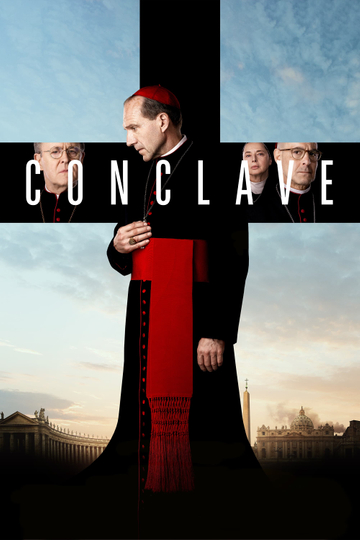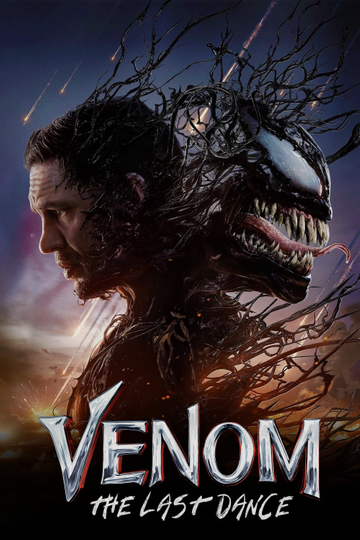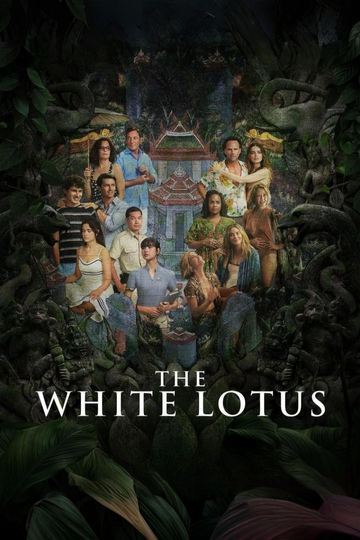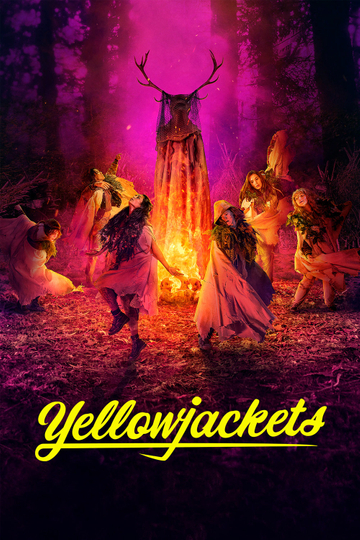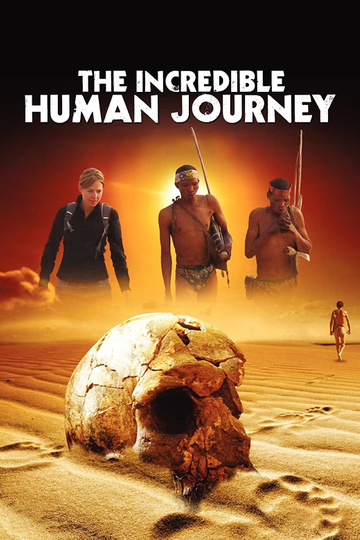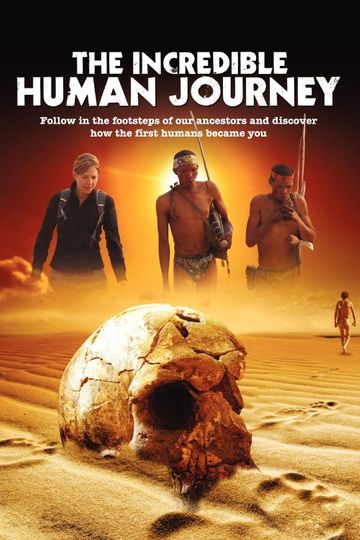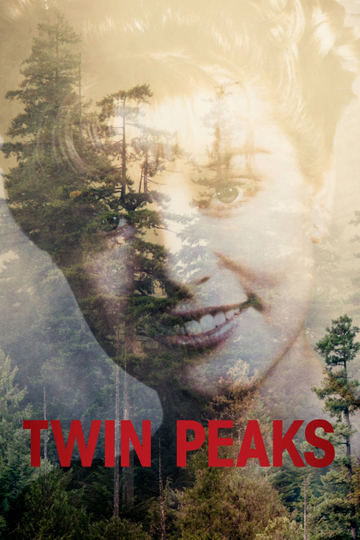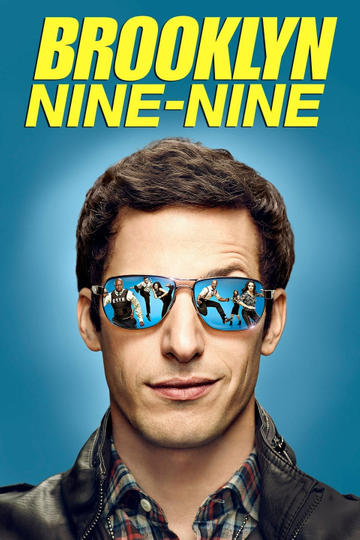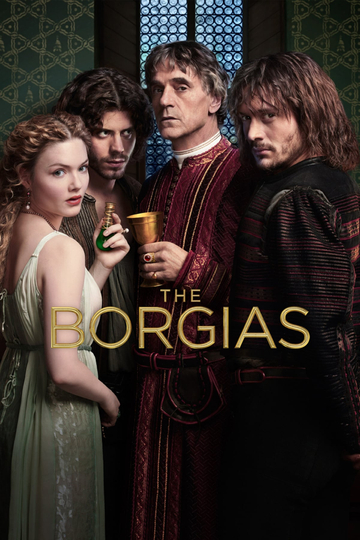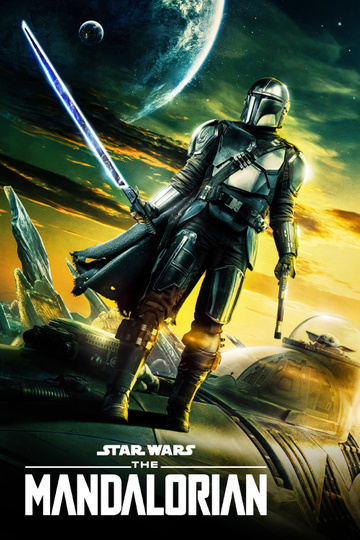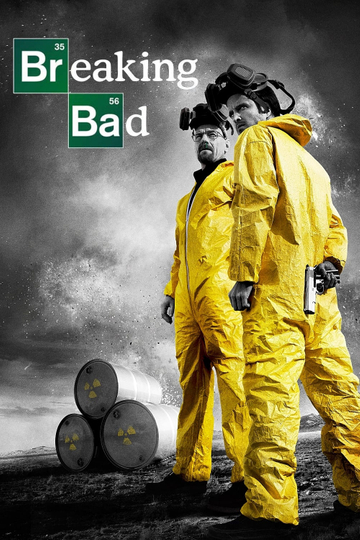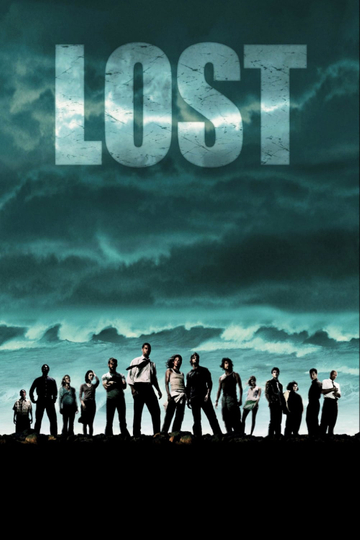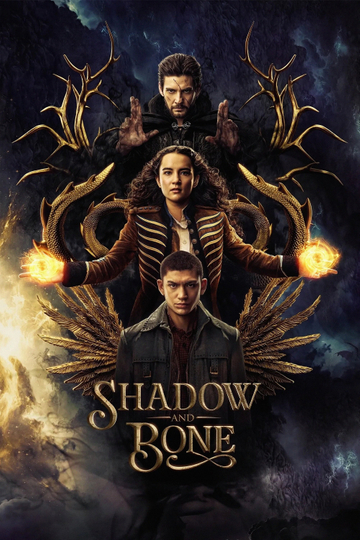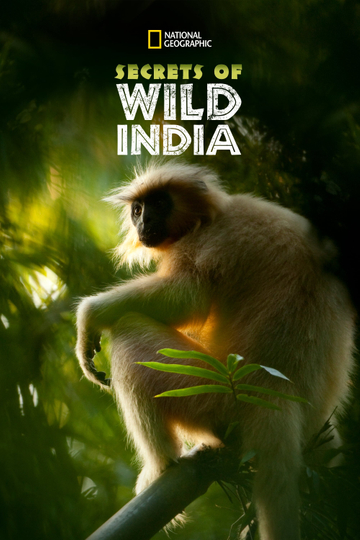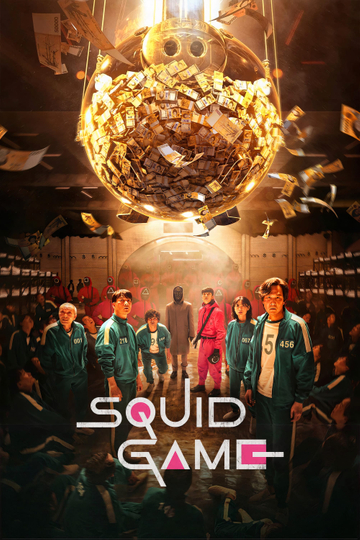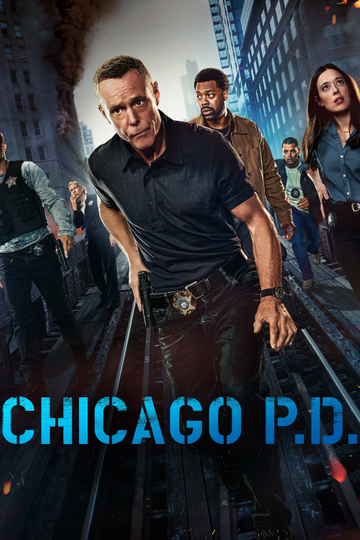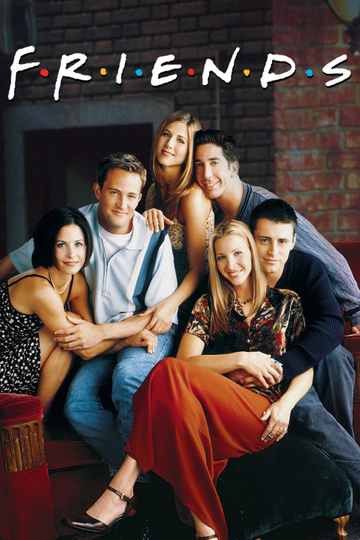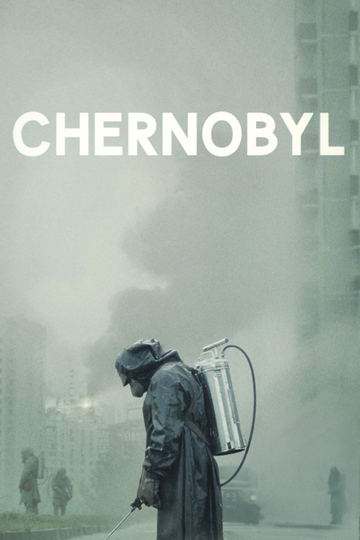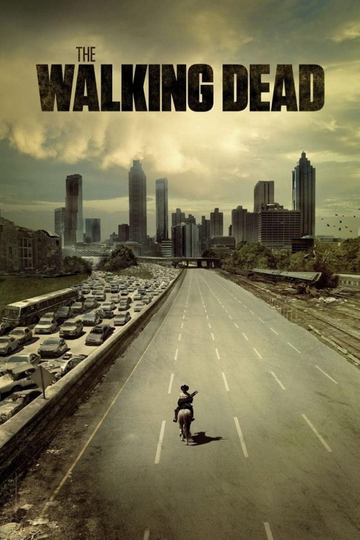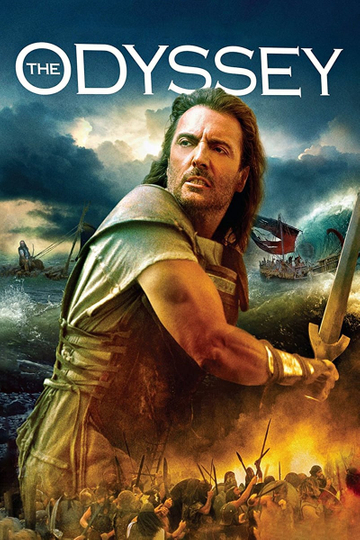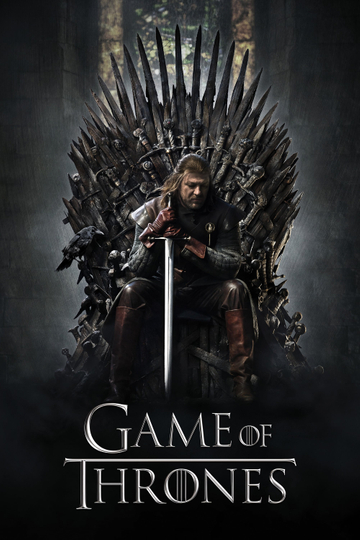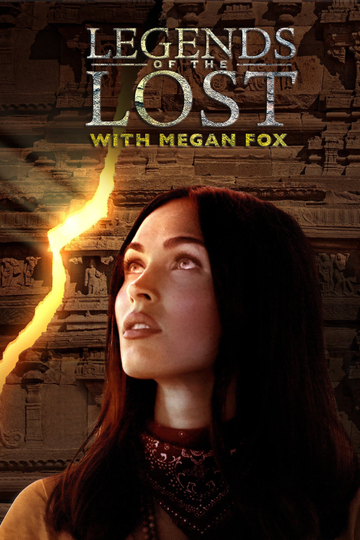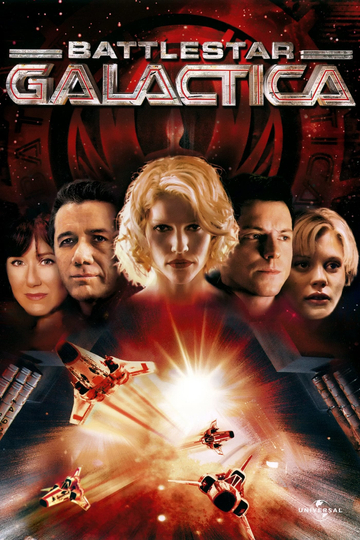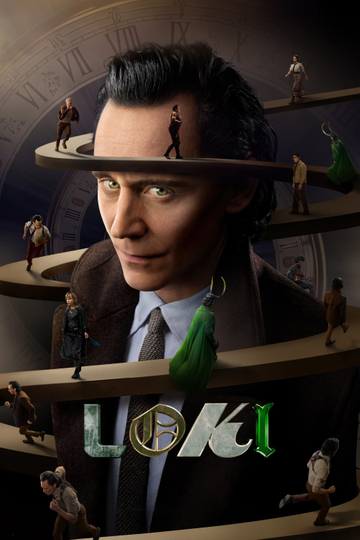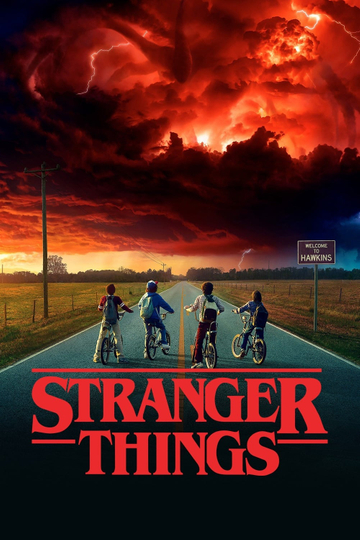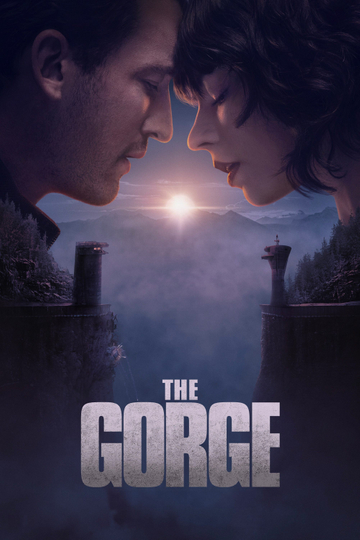Season 1 Episodes
1. Out of Africa
Dr Alice Roberts travels the globe to discover the incredible story of how humans left Africa to colonise the world - overcoming hostile terrain, extreme weather and other species of human. She pieces together precious fragments of bone, stone and new DNA evidence and discovers how this journey changed these African ancestors into the people of today.
2. Asia
In this programme, the journey continues into Asia, the world's greatest land mass, in a quest to discover how early hunter-gatherers managed to survive in one of the most inhospitable places on earth - the Arctic region of Northern Siberia.
3. Europe
When our species first arrived in Europe, the peak of the Ice Age was approaching and the continent was already crawling with a rival: stronger, at home in the cold and even (contrary to the popular image) brainier than us. So how did the European pioneers survive first the Neanderthals and then the deep freeze as they pushed across the continent?
4. Australia
Alice looks at our ancestors' seemingly impossible journey to Australia. Miraculously preserved footprints and very old human fossils buried in the outback suggest a mystery: that humans reached Australia almost before anywhere else. How could they have travelled so far from Africa, crossing the open sea on the way, and do it thousands of years before they made it to Europe?
5. The Americas
How did Stone Age people reach North and South America? Dr Alice Roberts discovers evidence for an ancient corridor through the Canadian ice sheet that may have allowed those first people through. But some very ancient finds in southern Chile seem to suggest a very different way into the Americas; an ancient human skull discovered in Brazil even points to an Australasian origin of the Americans. Could a route from Australia across the Pacific have been possible?

